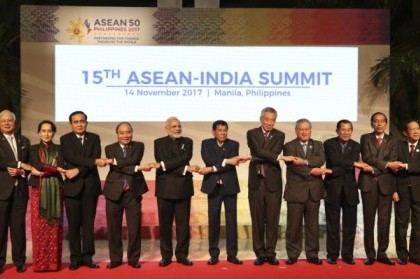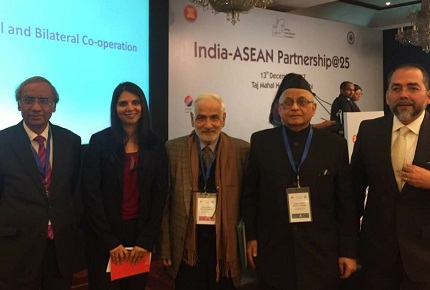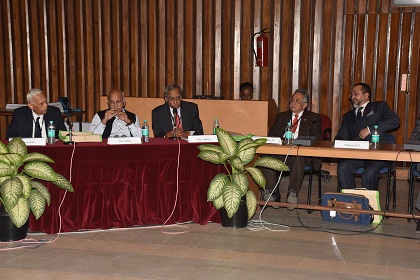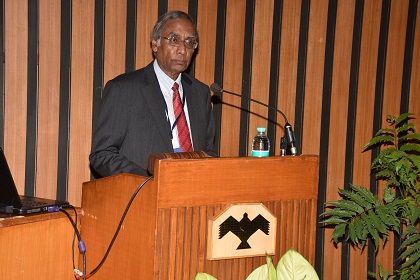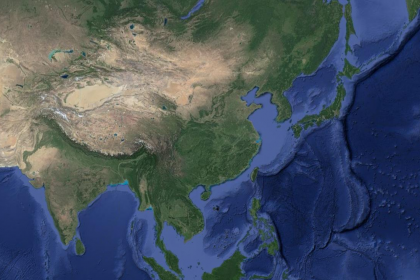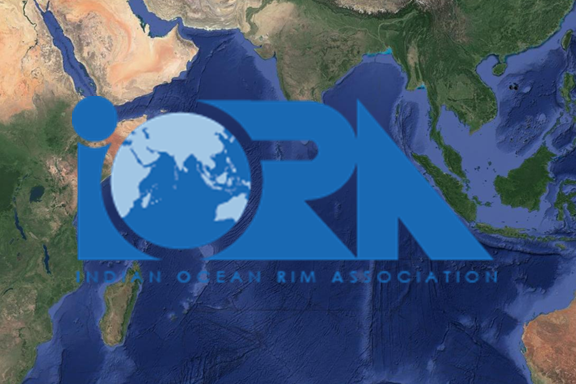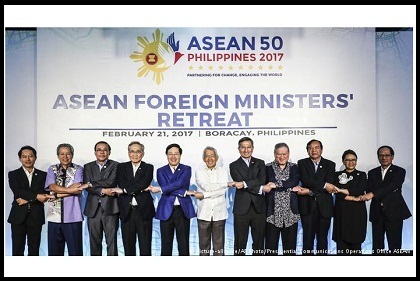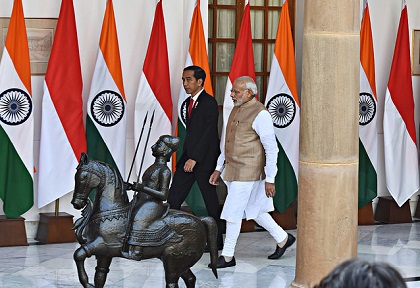India-ASEAN: salute to a commemorative summit
This is a partnership that has been based on mutuality, economic cooperation and undisputed political closeness ever since ASEAN’s inception. Now, the path into the future has to be different: creating a new security architecture and determining ASEAN’s role in the Quad are overarching questions that cannot be wished away

